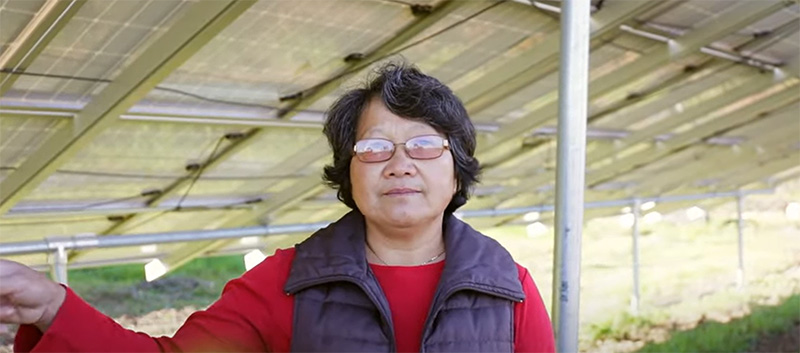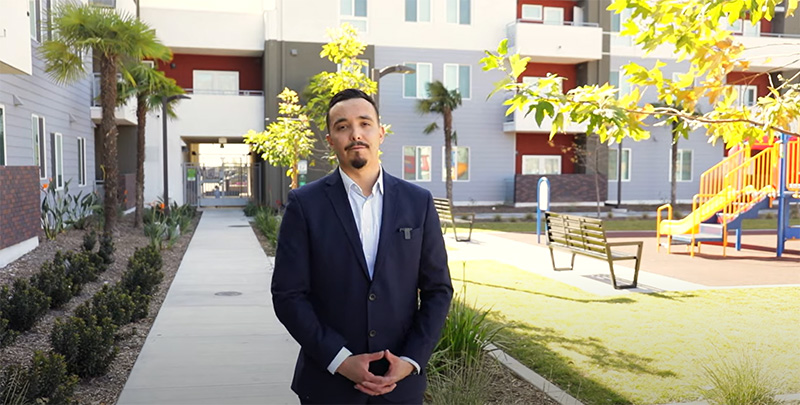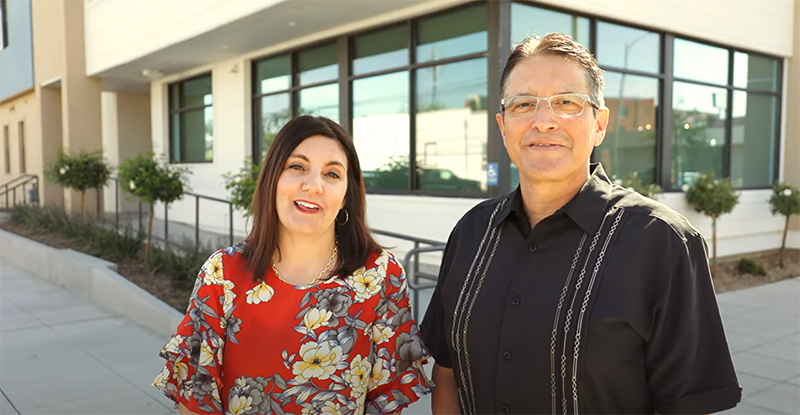Technical Assistance Toolkit Making the Case for Technical Assistance
Why Does Technical Assistance Matter?
Technical assistance (TA) is a critical strategy to address disparities in investment across California communities, while tackling the state’s most pressing social, economic, and climate challenges holistically and equitably. California communities with a history of systemic discrimination and underinvestment often lack the staff capacity, partnerships, and resources to address these complex challenges without support. TA and capacity building services can help under-resources communities to secure funding and implement projects and policies that can help reverse past disinvestment.
Under-resourced communities are often hit hardest by social, environmental and economic crises, such as extreme weather events, economic downturns, public health emergencies, and other shocks. The fallout from such events can increase capacity challenges and widen existing disparities between higher-resourced and under-resourced communities. Providing TA is a critical way to help build the capacity and resilience of California’s communities even in the face of these complex changes.
A common argument against providing TA is that it requires investment and reduces the funding available for grant awards if program funding is used for TA. However, it is important to remember that TA is a way to enhance the distribution of grant funding across the state as well as the quality of grant-funded projects. In this way, TA can increase the impact of state investment and ensure meaningful outcomes. TA is significantly less expensive than most other types of state investment and can have a long-lasting impact on the ability of under-resourced communities to develop and fund critical infrastructure projects into the future.
In addition to increasing access to state funding, TA can be provided to grant recipients during project implementation. This can be especially helpful to under-resourced communities with less capacity or experience administering grants. TA providers serve as a steady and helping hand throughout the project completion period. This enables communities to maintain momentum and overcome unanticipated implementation challenges, while also increasing the likelihood of successful outcomes of state investment.
When is Technical Assistance Needed?
TA is especially helpful to applicants and grantees when administering or implementing any of the following:
- Grant programs that serve disadvantaged communities, low-income communities, low-income households, Tribal governments, or low-capacity organizations
- Competitive grant programs, especially those that enforce a “black-out period” requiring agency staff to avoid communication with applicants during the application period for the sake of neutrality
- Grant programs with complex application processes, or intensive community engagement or reporting requirements
- Grant programs that require robust community engagement and/or partnership development
- Grant programs or State-mandated policies that are complex or challenging to implement
Benefits of TA
Advances Equity
- TA enables residents of California’s most under-resourced communities to benefit from critical investments that they may never have been able to receive without TA—improving health and equity outcomes throughout the state
- Helps ensure funding reaches communities with the most need
- Increases geographic distribution of funding
Bolsters California’s resilience
- Helps communities address unprecedented challenges (climate change, economic impacts, pandemic recovery)
- Ensures that lower-capacity jurisdictions have the support they need to develop transformational projects and implement critical policies
- Fosters stronger, more community-engaged projects
- Drives project momentum when recipients face unanticipated implementation challenges or provides continuity in the face of staff turnover
- Builds trust and stronger relationships with local communities
- Supports development of quality projects with greater likelihood of being completed and leading to additional investment
- Helps communities maintain compliance with state mandates
- Helps ensure the successful implementation of projects
- Implements holistic approaches that reduce unintended consequences
- Facilitates peer networking and knowledge exchanges across under-resourced communities
Enhances Program Design & Delivery
- Creates a feedback loop by gaining better visibility on the program elements that are challenging for applicants to incorporate into future program rollouts
- Builds the capacity of State agency staff by filling gaps that staff may not have the capacity or expertise to fill
- Supports on evaluation to ensure meaningful data and outcomes tracking
- Helps create more equitable processes for grant application and policy implementation
- Develops stronger, more community-engaged projects
- Supports implementation of new initiatives and objectives within programs
Hear Directly from TA Recipients
One of the most compelling ways to demonstrate the need for TA is to share the stories of community members who have either benefitted from TA or who can explain why it would make a difference for them. Below are a few examples of videos created through SGC’s evaluation of the California Climate Investments Technical Assistance Program that demonstrate the power of TA recipients’ stories.

Case Study: Rosie Lee
Rosie and Charlie Lee shares how CDFA’s Climate Smart Agriculture Program impacted their livelihoods.

Case Study: Peter Pallesen
Peter Pallesen shares how TA for the Transformative Climate Communities Program helped bring affordable family housing to the City of Ontario.

Case Study: Michael & Marisa Sigala
Michael and Marisa Sigala share how TA supported bringing an Affordable Housing and Sustainable Communities grant to downtown Madera.